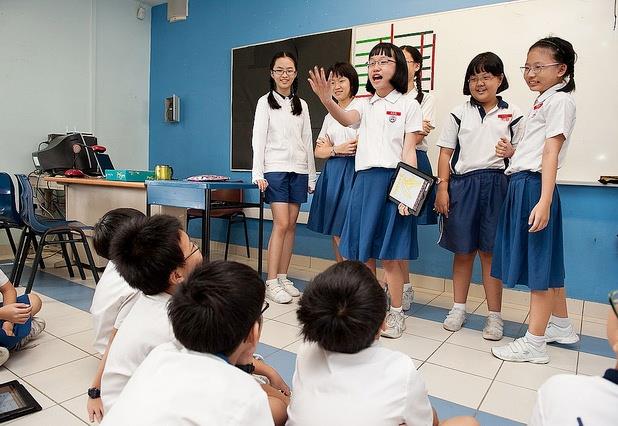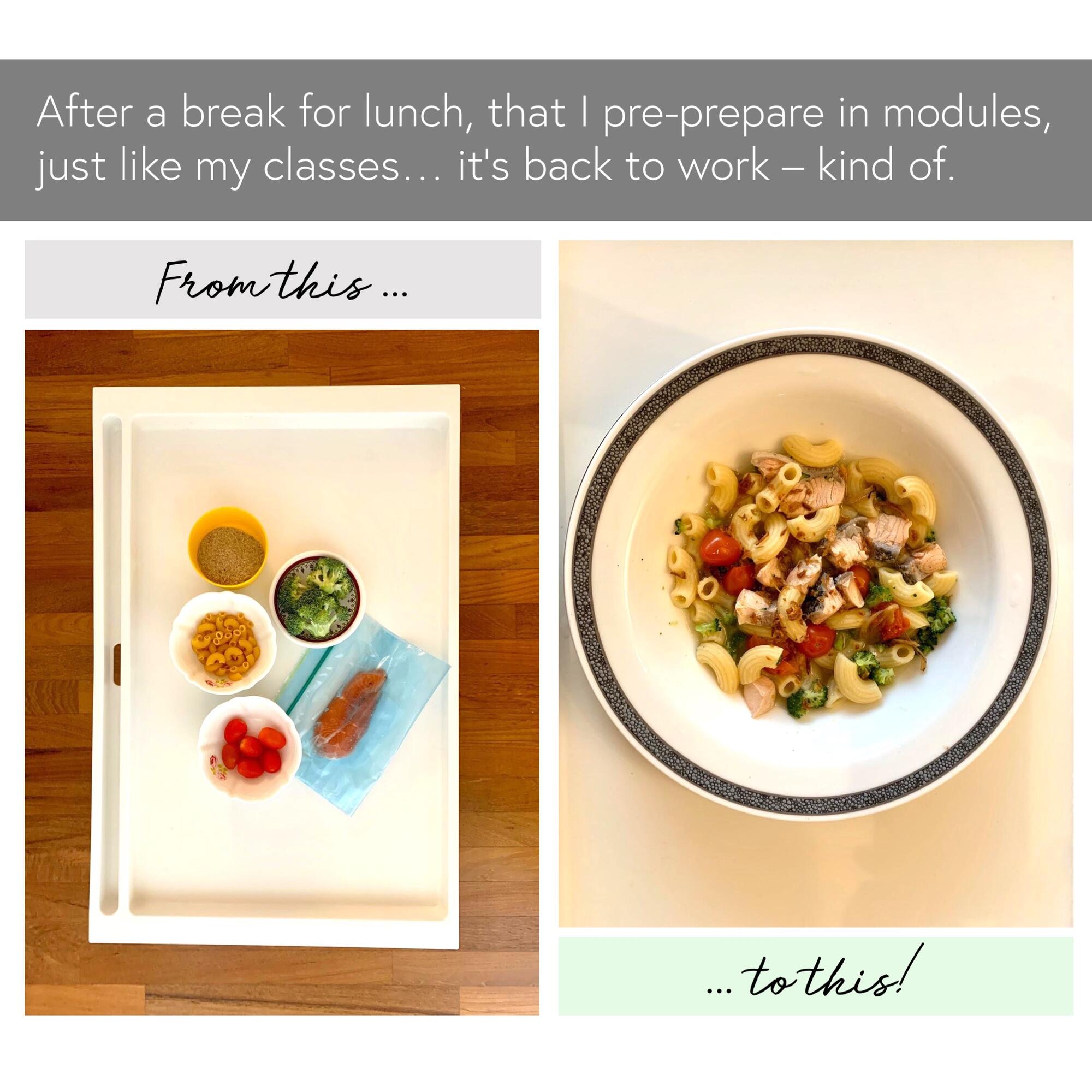The changing art of teaching and learning
24 Feb 2015

Do you realise that students in the digital era are exposed to learning in various forms that go beyond the traditional “chalk-and-talk” methods of old?
Professor Ranga Krishnan, in “Peer learning and Facebook — in class and beyond“, finds that students these days may be learning more, and learning better, through their peers and social media. Students who participate in student-led discussions seem to show improved academic performance. Professor Ranga also highlights Facebook as a potentially useful source of learning because it is highly accessible, easy to use, and free of charge. This is said to be exceptionally useful for students who are more introverted as they appear to interact more online, hence enhancing active participation in learning.
In “Education: You can’t improve by sticking with what works”, Professor Ranga encourages schools to embrace independent study and student-led projects in place of conventional lectures. He argues that “lectures — at least, in the traditional form that is totally passive, without student engagement — are an ineffectual tool for promoting conceptual understanding, synthesis, analysis and application of knowledge”. However, these changes will only come when obstacles such as inertia, fear and lack of public knowledge can be overcome.
Ultimately, Professor Ranga reminds us in “The necessity of questions” that children should be encouraged to ask questions and remain curious. He highlights that the way parents respond to children at home can promote or kill a child’s love for learning. “We should be careful how we respond to children’s queries. If we avoid answering, we end up dampening their curiosity and discouraging them from lifelong learning. We teach children their ABCs and 123s, which are important. But we must do more — to sustain their curiosity.” It is this thirst for answers and new knowledge – and not rote learning for regurgitation during examinations – that is vital for individuals who wish to thrive in the new knowledge economy.
Professor K Ranga Krishnan is Dean of the Duke-NUS Graduate Medical School Singapore. A clinician-scientist and psychiatrist, he chaired the Department of Psychiatry and Behavioural Sciences at Duke University Medical Centre from 1998 to 2009. Read other articles here.

.jpg)



